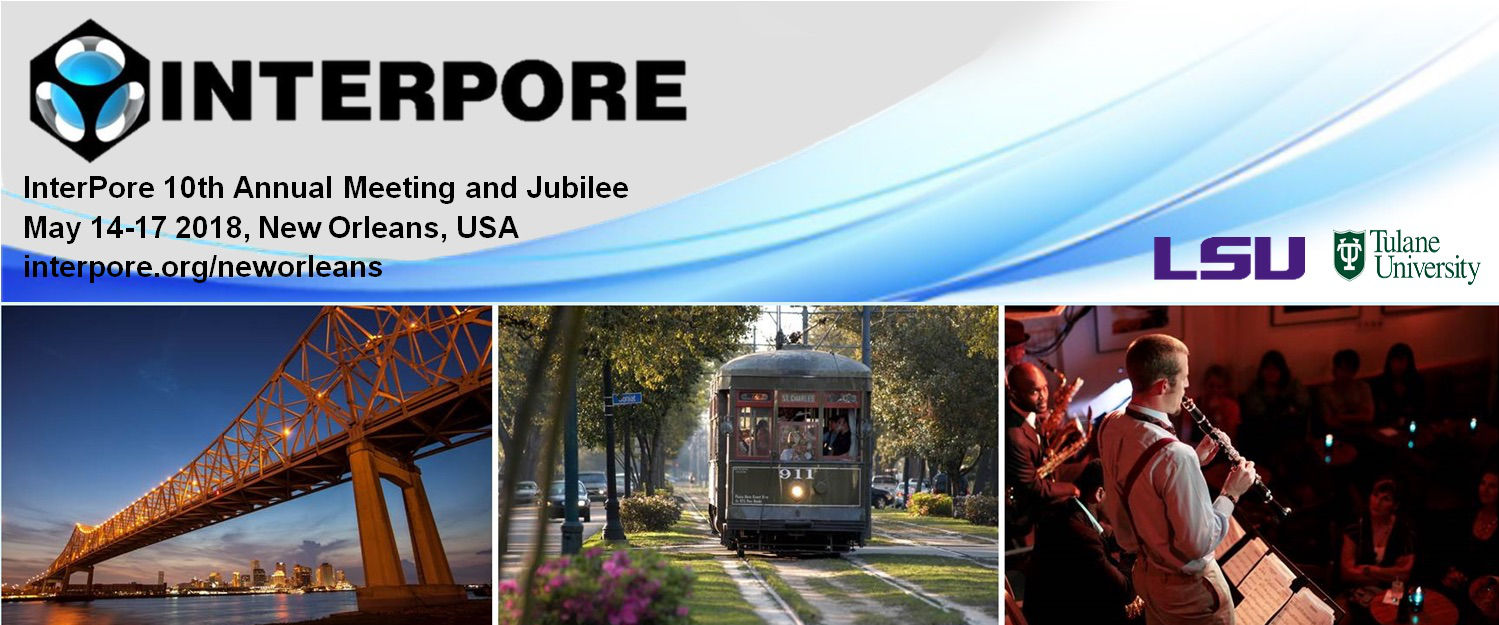Speaker
Description
State of the art multi-dimensional nuclear magnetic resonance (NMR) relaxometry and diffusometry techniques along with magnetic resonance imaging (MRI) are applied to explore and characterize phase change in complex systems. High-field NMR techniques are highly sensitive to the thermodynamic phase of the system as well as restrictions on molecular motion. High resolution imaging along with T1-T2 relaxation correlation experiments and pulsed gradient spin echo (PGSE) NMR methods are demonstrated to characterize hydrate formation. The NMR techniques are applied to monitor the hydrate formation process in a model water-cyclopentane system at various sub cooling temperatures. Using T1-T2 correlation NMR, the transition from mobile to restricted dynamics is observed simultaneously for both water and cyclopentane throughout the formation process by examining the magnetization decay as a function of τ1 at multiple τ2 times. Spectrally resolved diffusion measurements allow monitoring of the hydrate formation process by measurement of the area under the liquid water peak as it disappears due to solidification of the water in the hydrate. Also, restriction in diffusive motion due to boundaries between solid-liquid or immiscible liquid-liquid phases provides a means to characterize structure by the size of particles or pore spaces. Magnetic resonance imaging (MRI) data monitors total hydrate formation rate based on cyclopentane saturation and temperature, as well as the spatial heterogeneity within the system. The combination of these MR techniques allows for exploration of the complex molecular dynamics involved in hydrate formation processes.
| Acceptance of Terms and Conditions | Click here to agree |
|---|


